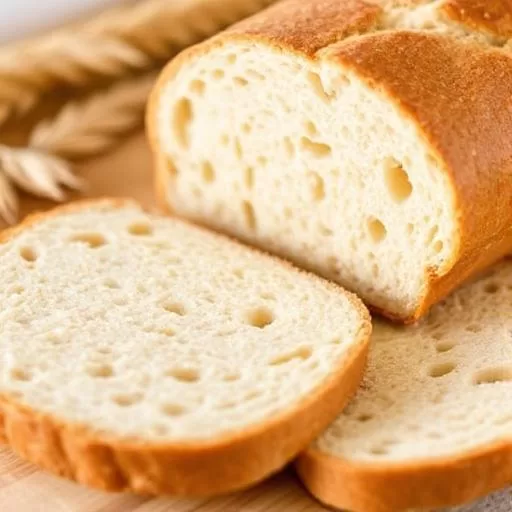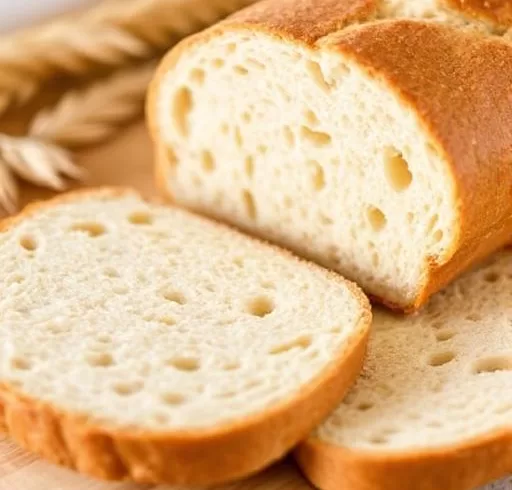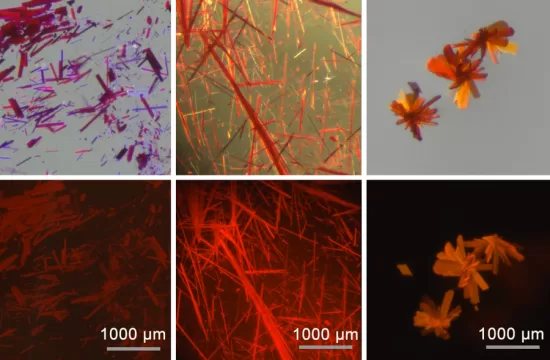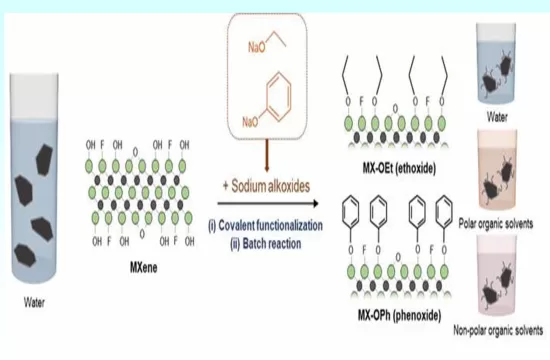
Henan, China — A new study published in Food Innovation and Advances by researchers at Henan University of Technology has revealed that enzymes naturally present in wheat could replace chemical additives traditionally used in breadmaking, offering a safer and more sustainable solution for the food industry.
Led by Professor Jinshui Wang, the research highlights the role of four key enzymes—sulfhydryl oxidase (SOX), protein disulfide isomerase (PDI), ascorbate oxidase (AAO), and dehydroascorbate reductase (DHAR)—in strengthening gluten networks through natural redox and bonding mechanisms. These enzymes help improve dough elasticity, stability, and overall bread quality without the need for chemical oxidants like potassium bromate, which have raised health concerns.
“Wheat’s unique ability to form viscoelastic dough is largely due to gluten proteins,” says Jinshui Wang. “Our findings show that endogenous enzymes can enhance these properties naturally, aligning with clean-label and safety goals.”
The review also explores how other enzymes—such as tyrosinase, laccase, and lipoxygenase—contribute to protein and polysaccharide cross-linking, further improving loaf volume and crumb texture. In addition, the authors emphasize the potential of artificial intelligence tools like AlphaFold2 to design enzyme variants tailored for industrial baking.
With growing consumer demand for natural ingredients and cleaner processing methods, the study provides a scientific foundation for using wheat’s own enzymatic systems to produce high-quality, chemical-free bread products.






